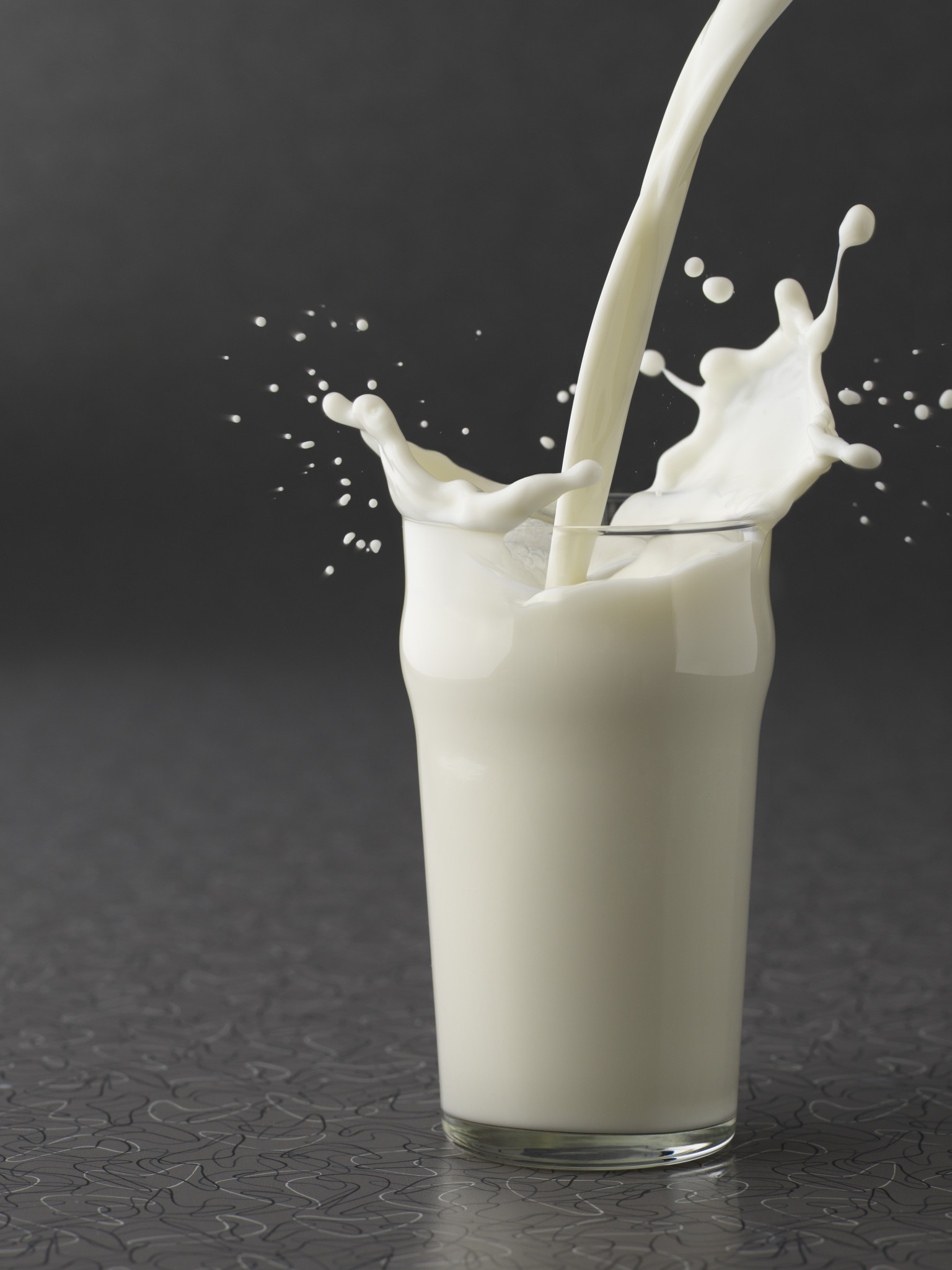Iodine is an essential nutrient, especially for pregnant women, because it is required for producing thyroid hormone, and is critical for brain development in babies. Iodine is rich in seaweed and fish, foods which are not prominent in the American diet. Most Americans get iodine from iodine- fortified salt and dairy products, particularly milk.
Many people have switched from using iodized table salt to the more popular salt varieties which are not fortified with iodine, such as Himalayan pink salt or Celtic sea salt. And some people have intentionally reduced their salt consumption overall due to concerns about how it may increase blood pressure.
Americans also have been drinking significantly less cows’ milk over the past few decades, as a variety of new milk alternatives have filled the shelves. Consumption of soy, almond, coconut, oat, rice, hazelnut and hemp “milks” have increased steadily as many consumers discover they have milk allergies, or feel it is difficult to digest due to lactose sensitivity. Likewise, some consumers simply prefer dairy alternatives due to taste preference or they want to avoid the antibiotics and hormones that are present in conventional dairy products.
With this trend away from drinking cows’ milk, nutritionists have become more concerned about adequate iodine intake. A study recently published in the British Journal of Nutrition examined the nutrient content of cows’ milk and dairy alternatives to compare iodine levels in the various products (all sold in the UK). They examined 47 different non-dairy beverages along with several brands of organic and non-organic cows’ milk. A few of the alternative products were fortified with iodine, but most were not. Overall, on average, the dairy- free drinks averaged less than 2% of the amount of iodine as compared to the iodine content in cows’ milk.
Clearly, the shift towards non-iodized salt and away from dairy products is going to put people at risk for iodine deficiency. Back when Americans were regularly drinking cows’ milk and using iodized table salt, it was generally assumed that most people’s iodine requirements were being fulfilled and it was not a nutrient that was top of mind for most. But we now need to be more aware of the best iodine sources, and supplementation may be necessary. If you are concerned about your iodine intake, be sure to add 200 mcg of iodine to supplement to your daily regime.
Reference:
Sarah C. Bath, Sarah Hill, Heidi Goenaga Infante, Sarah Elghul, Carolina J. Nezianya, Margaret P. Rayman. Iodine concentration of milk-alternative drinks available in the UK in comparison with cows’ milk. British Journal of Nutrition, 2017; 1 DOI: 10.1017/S0007114517002136


Leave A Comment